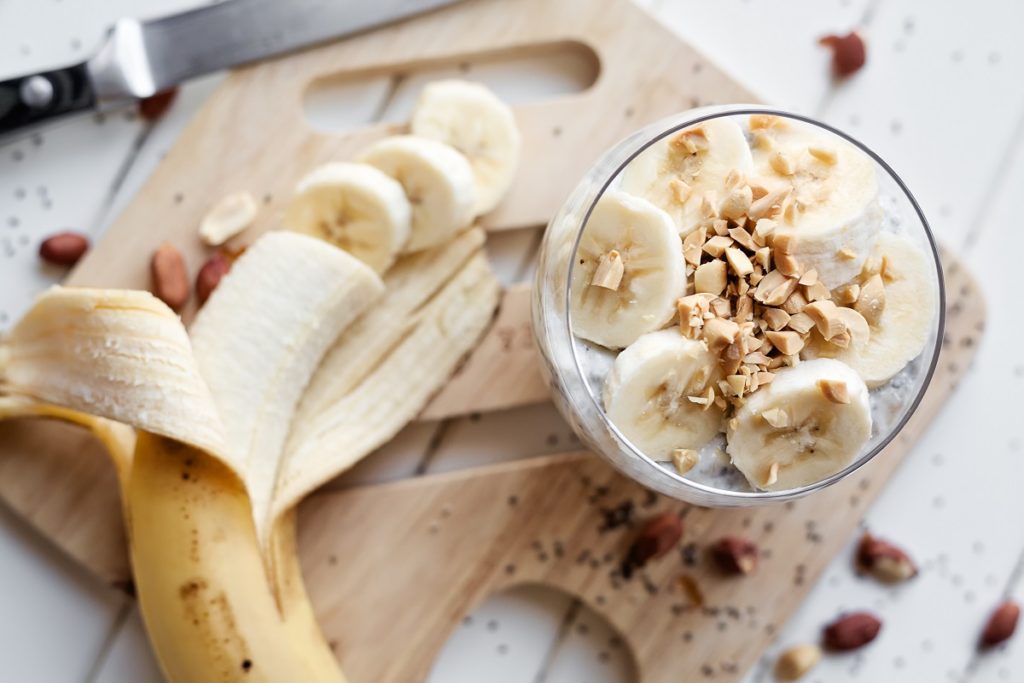
Throughout COVID-19, many of us have reached for comfort foods like mac and cheese, sourdough bread, cookies and other carbs to soothe our anxieties over quarantines, home-schooling kids, politics and so many uncertainties. As anxiety persists, “COVID fatigue” and the frustrating “COVID 15” — or 20 — showed up on our scales.
For a more balanced diet, we propose focusing on real comfort foods: those with properties actually known to ease anxiety and to boost mood, not weight.
The research keeps coming in: diets that are high in refined carbs, added sugars and saturated fats — often thought of as “comfort” foods — are actually associated with higher risks of depression. On the other hand, diets focused on fruits, vegetables, whole grains, fish and heart-healthy fats appear to offer real comfort by reducing risks of depression and anxiety and improving mood and general happiness.
It makes sense when you think about it, since the way the brain develops and functions depends on the nutrients that you feed it. Here are several nutrients that stand out in studies for their potential mood-boosting benefits:
Omega-3s
These fatty acids appear to reduce anxiety and depression and to improve mood. Fatty cold-water fish such as salmon, tuna, trout, sardines, herring and anchovies are top sources. Our friends at Basics Market have a great salmon recipe to get you started.
B vitamins
The Bs help raise the level of serotonin, one of the “happiness hormones,” in your brain. Several studies have linked B vitamins with reduced anxiety and depression and improved mood. Fish gets a second vote here, along with avocados, broccoli, bananas, citrus fruits, nuts, whole grains and lentils.
Probiotics
Although we think of serotonin in terms of the brain, about 95% of it is produced in your gut. Fermented foods such as yogurt, pickles, sauerkraut, olives, kimchi and kombucha supply probiotics that nourish your gut, which also may boost your mental health.
Magnesium
Found in leafy greens, legumes, nuts, seeds and whole grains, this nutrient is thought to help people feel calmer and less anxious.
Foods rich in zinc, vitamin C and iron are also being studied. What do all of these foods have in common? They’re all part of the Mediterranean diet, one of the best eating patterns in the world for overall health — and that includes emotional health. In one study of 10,000 people, those who ate this way were 50% less likely to develop anxiety or depression. That’s what we call real comfort food.
Eat well, and have a happy, comforting year.


